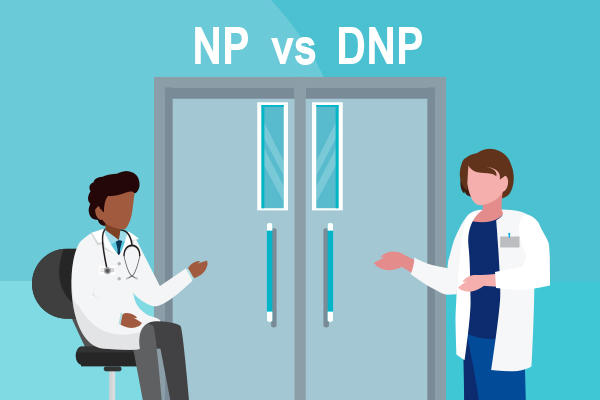Featured
Tags
Share
- Home / Blog / Nursing Today / 3 Advantages of Chamberlain’s MSN Healthcare Policy Specialty Track
3 Advantages of Chamberlain’s MSN Healthcare Policy Specialty Track

You can make a difference in your neighborhood, city or even country if you have the passion to incite change. Chamberlain’s Master of Science in Nursing (MSN) Healthcare Policy (HCP) specialty degree can provide the knowledge and tools you need to make an impact in your community.
The MSN Healthcare Policy curriculum trains nurses in the research, design and implementation of policies, as well as evaluation of policy outcomes. Coursework includes the foundations of healthcare policy, principles of healthcare systems, politics, economics and policy, global health and nursing leadership in the public policy arena.
Elizabeth Fildes, EdD, RN, CNE, CARN-AP, PHNA-BC, FIAAN, a professor in the MSN healthcare policy specialty track, recently shared the advantages of earning this degree at Chamberlain:
1. We’ll set you up with the personalized care and attention you need to succeed
We work hard to support your success in school and in achieving your career goals. It’s that commitment and personalized attention, the "care," that distinguishes us—we call it Chamberlain Care®.
One way we provide Chamberlain Care in the Chamberlain MSN healthcare policy specialty track is through connecting with each of our students on an individual level. By doing this, we can offer you personalized attention and guidance by connecting students and faculty to help create a seamless transition from admission to graduation. When connecting with you, we want to know why you chose this track so we can start guiding you in terms of the experiences, strengths and competencies that will be most useful for you during your time as a Chamberlain student.
2. You can make a difference, now!
Connecting with faculty early is a strength of the master’s in healthcare policy program track. Our students work hard to reach their professional goals and our faculty encourages our students to lean on them. By doing so, they can connect you with the necessary resources in your community to begin your advocacy and explore healthcare policy jobs and work early on. For example, if your interest is in tobacco control, we can help you find coalitions that exist in your state to move that health policy agenda toward the decrease of tobacco use. We currently have a student who is part of the Indiana Hospital Association who recently testified in front of the Indiana legislature on increasing tobacco taxes.
3. You’ll graduate with experiences that can help you propel your career
Prior to graduation, our students are engaged in advocacy work. Many of them have already become members of different coalitions, done policy analysis and have gained grassroots experience in policy development in fields that they are deeply passionate about. When students finish the MSN healthcare policy program track, our hope is that their community recognizes them as a nurse expert in a certain area of policy, and they have gained exposure to a number of different healthcare policy jobs.
Taking a stand for what you believe in isn’t easy, but more often than not, it is worth it. Whether you’re fighting for medical services for a disadvantaged population, or visiting your state capitol to demand positive change, earning your MSN healthcare policy degree can help you make a lasting impact.
If you’re a nurse that’s passionate about policy change or want to further explore master’s in health policy career paths, we encourage you to learn more about the Master of Science in Nursing (MSN) Healthcare Policy (HCP) specialty track degree at Chamberlain. Reach out to our admissions team here.
By Kari Lawrence
More from Nursing Today
Request More Information
To receive the Chamberlain University Program Guide, including associated career paths, please select a program of study.







